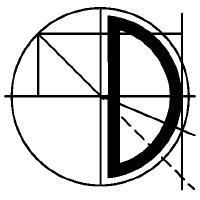Abstract
Stable and repeatable measurements are essential for comparing the performance of different systems or applications, and benchmarks are used to ensure accuracy and replication. However, if the corresponding measurements are not stable and repeatable, wrong conclusions can be drawn. To facilitate the task of determining whether the measurements are similar, we used a data set of 586 micro-benchmarks to (i) analyze the data set itself, (ii) examine our previous approach, and (iii) propose and evaluate a heuristic. To evaluate the different approaches, we perform a peer review to assess the dissimilarity of the benchmark runs. Our results show that this task is challenging even for humans and that our heuristic exhibits a sensitivity of 92%.
Links and resources
Tags
community
@lukas.beierlieb's tags highlighted






